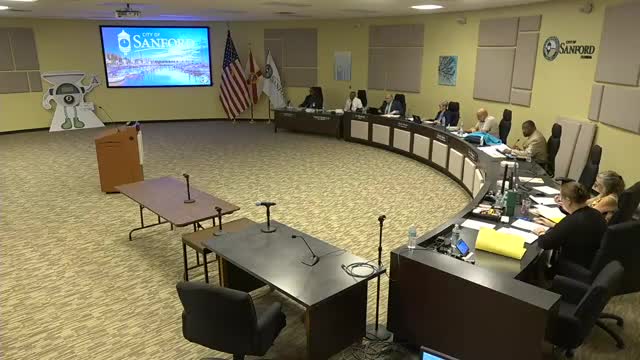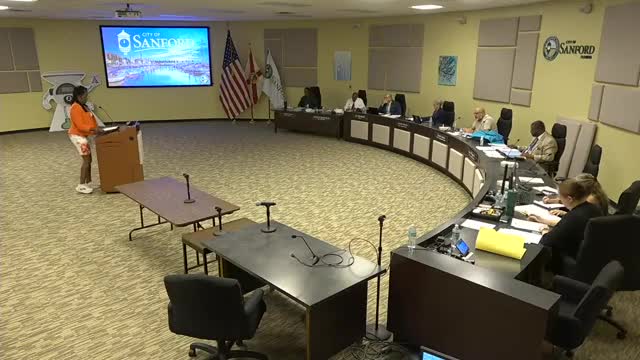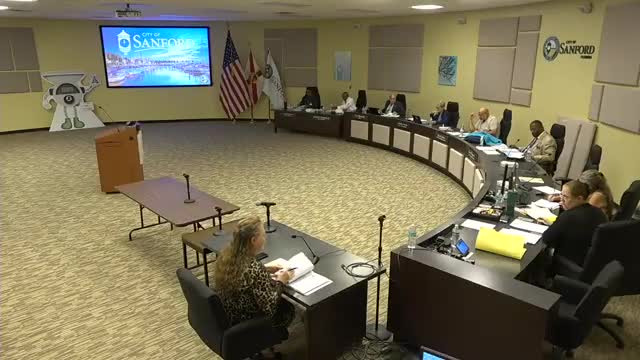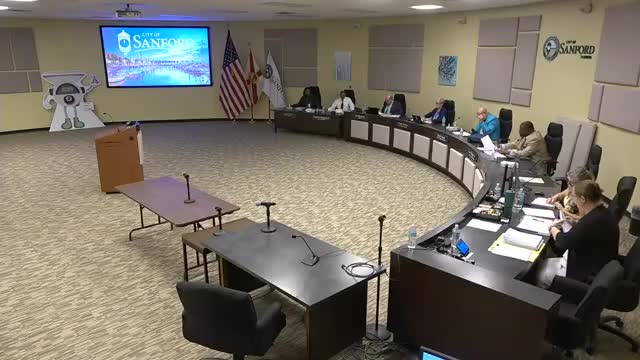Article not found
This article is no longer available. But don't worry—we've gathered other articles that discuss the same topic.

Sanford leaders review proposed budget cuts; commissioners express concern about service impacts

Sanford Housing Authority amends CNI plan: proposes rental focus and phased senior, family buildings

Sanford staff proposes broader purchasing thresholds; commission asks for $100,000 cap review

